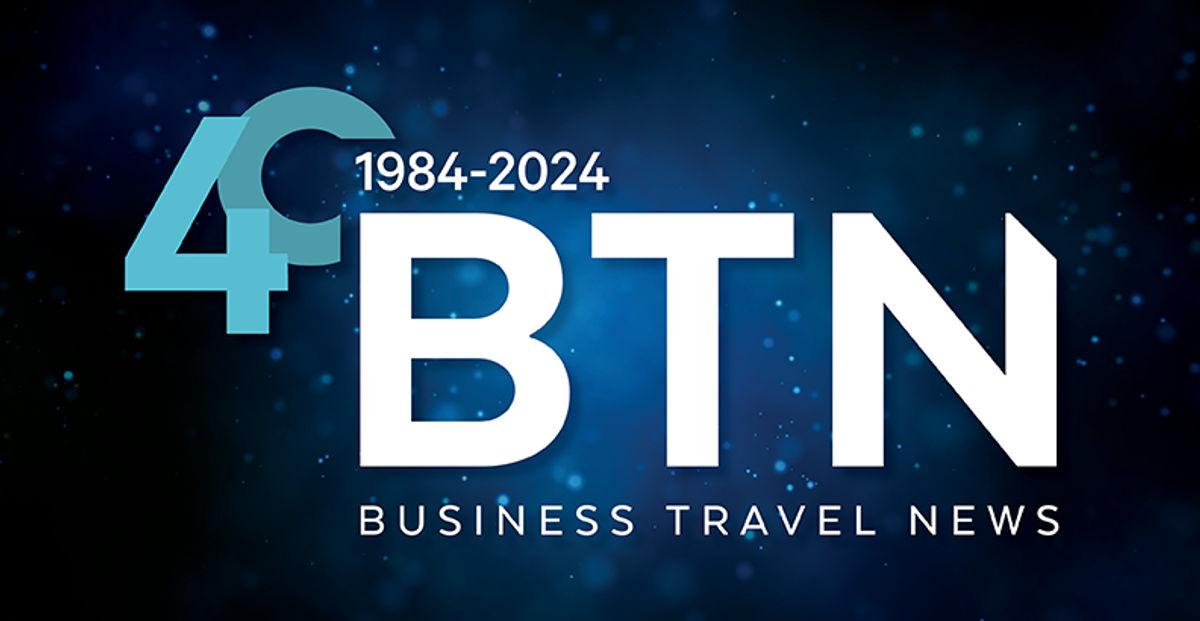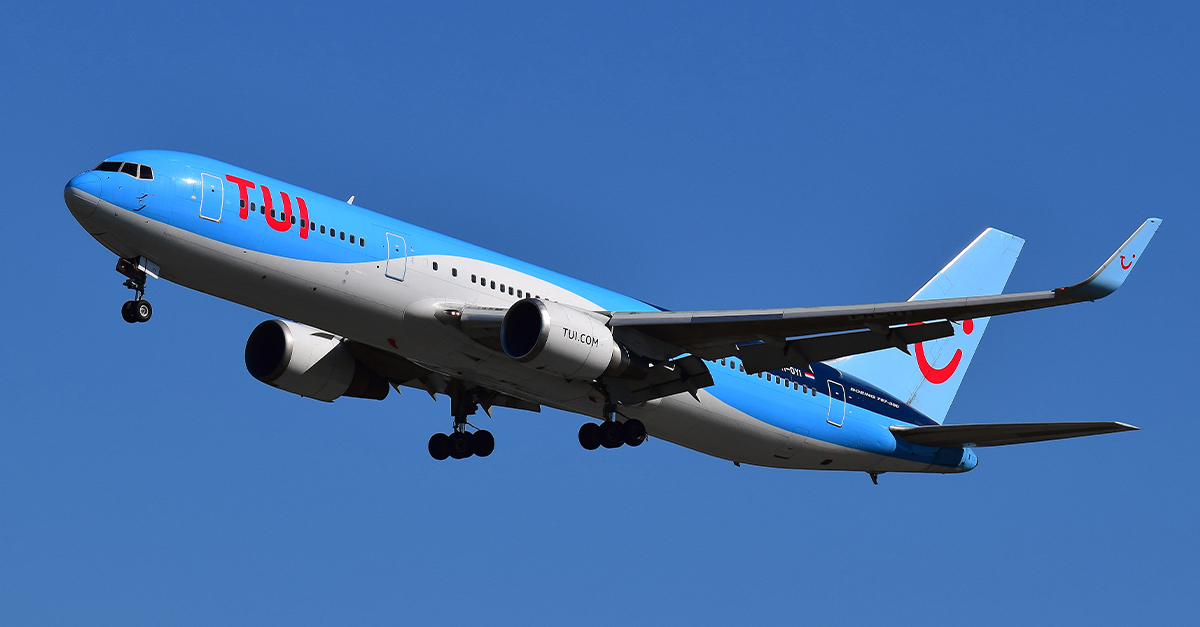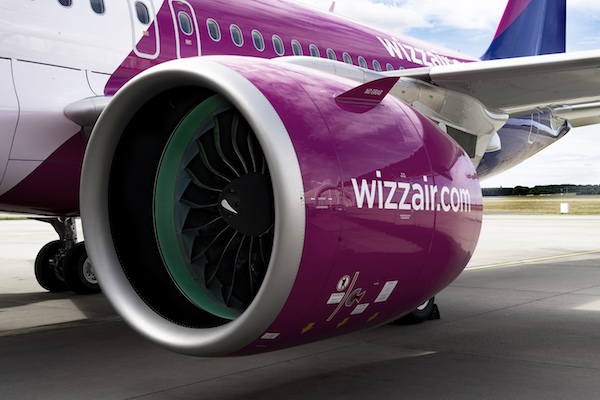Analysts: Visa, Mastercard Settlement Effect on Card Programs Likely Minimal
The settlement reached between Visa and Mastercard and merchants in recent weeks could have some implications for rewards and rebates offered by card programs in the network, but analysts said the issuers and networks likely will find ways to...

By Michael B. Baker
The settlement reached between Visa and Mastercard and merchants in recent weeks could have some implications for rewards and rebates offered by card programs in the network, but analysts said the issuers and networks likely will find ways to mute the impact.
The settlement, announced near the end of March and pending approval in the Eastern District Court of New York, addresses a nearly two-decades-old lawsuit between the networks and merchants over interchange fees charged for accepting credit and debit card purchases. Among the concessions made by the networks is an agreement to both reduce interchange fees and to cap them for five years. That reduction should equal nearly $30 billion in savings to merchants over those five years, per the merchants' legal representation.
Interchange fees are the primary fuel for rebates and rewards from card programs, so it stands to reason a reduction and cap in those fees could also result in a dilution in some of those perks. In a research note, TD Cowen said co-branded airline loyalty cards in particular could see some impact "on the ability of the airlines and the issuers to keep improving the rewards value prop of the airline co-brand programs at the current pace." In other words, the carriers and issuers would continue to add perks while "dialing back the pace" of those perks, according to TD Cowen.
It might also include such mitigation efforts as adjusting the price of an airline ticket in relations to miles earned, the firm said, or annual fees could go up.
American Express, however, is not a part of the settlement, and "should be the biggest beneficiary" regarding rewards programs, according to Cowen. In terms of U.S. airlines, that gives the advantage to Delta Air Lines, which partners with Amex for its program. Even so, issuers will want to keep their programs competitive, so broad changes seem unlikely—particularly since there is a time limit on the interchange cap.
Even though they are primarily consumer-focused, airline rewards credit cards have an indirect effect on corporate travel, as they have become the primary source of frequent-flyer points issued by airline loyalty programs. Travel managers also often encourage employees to sign up for these programs, as they grant perks travelers otherwise would have to pay for.
Visa's North America president Kim Lawrence in a statement after the settlement was announced said it would be "maintaining …rewards" with the concessions. For Amex's part, chairman and CEO Stephen Squeri in a recent Amex earnings call said the settlement "really doesn't change our strategy in any way."
"We are still focused on premium customers," Squeri said. "Our customers still engage with the products, will demand to use the products, and we'll still maintain our virtual parity."
Are Surcharges Possible?
The other key component of the settlement could have a bigger impact: the removal of "anti-steering provisions" that were in place to prevent merchants from pushing customers toward use of cards with lower interchange fees. In particular, U.S. merchants could "surcharge on credit cards at the product level and discount at the issuer level," according to the Cowen note.
Corporate cards, like airline-branded cards, tend to have higher interchange rates than standard consumer cards, so could corporate card users find themselves facing higher costs? In terms of discounts, there shouldn't be much impact, because corporate card issuers—as do, as Cowen pointed out, co-branded airline card issuers—tend to issue other products besides corporate cards.
Surcharging certain kinds of cards, meanwhile, would potentially be a communications nightmare for merchants, not to mention potentially a turn-off to what typically are higher-paying customers. As such, analysts don't expect such targeted surcharges to become widespread.
"We believe the pressure will be modest and the impact will be manageable," Cowen said specifically of the co-brand card programs. "Merchants in most states in the U.S. are already allowed to add a surcharge to credit card transactions at the overall brand level, and the ability to do that now for higher-interchange cards and not do that for lower-interchange cards is not going to make a big difference."
In Mastercard's first-quarter earnings call, CEO Michael Miebach said the settlement was a "relief," given how long the dispute has carried on, and he said neither plank would have a major effect on Mastercard's business.
"We don't expect any dramatic impact on the business from the interchange changes," he said. "For merchants, we will see what choices they make on surcharging and discounting. We've seen in the past that surcharging is not always clear to customers."
It's also noteworthy that merchants are far from united in support of the settlement, with some saying it is not a sufficient remedy to interchange costs. In recent weeks, large retailers including Target and Walmart made filings in the district court urging the court to reject it, saying a five-year freeze on interchange rates would provide little relief in the long term, per a report from Reuters.
Asked to identify potential industry impacts, UATP noted that the settlement "raises the question if it will affect the [Credit Card Competition Act]/Durbin II initiative." The act, introduced last year by a bipartisan group of U.S. congressmembers, seeks to break up Visa and Mastercard's dominant marketshare by requiring large issuers to enable at least two card networks on their cards, one of those not Visa or Mastercard.
As reducing interchange fees for merchants also is an aim of that legislation, the settlement "takes some wind out of the sails" of efforts to push that forward, Wolfe Research analyst Darrin Peller said, as quoted by Reuters. As airline executives have said that act could spell the death of their rewards programs, the current settlement is likely a relief to them as well.

 FrankLin
FrankLin 
































